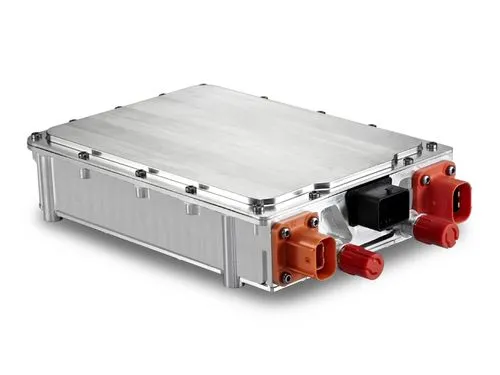Are you in the market for a LiFePO4 battery charger? With so many options available, it can be hard to choose the best option for your specific needs. In this blog post, we’ll discuss the essential features and considerations of LiFePO4 battery chargers so that you can make an informed decision.

Types of LiFePO4 Chargers
First, let’s take a look at the different types of LiFePO4 battery chargers available on the market today. There are three main types: fast charge, programmable and automatic. The type that is best suited for your application depends on its purpose and how often it will be used.
Fast Charge:
A fast charge LiFePO4 charger is designed to quickly top up batteries while they are in use, making them ideal for applications such as electric vehicles or small power tools where frequent re-charging is necessary. As with any technology, faster charging comes at a cost—namely a decrease in cycle life due to more rapid voltage fluctuations over time (though not as much with LiFePO4).
Programmable:
Programmable chargers are great if you want maximum control over how your battery is charged. They allow the user to set specific voltage levels that it charges at, allowing for optimal accuracy and protection against overvoltage and undervoltage conditions during charging which may otherwise reduce performance or lead directly to failure down the line due to either of these conditions occurring too often (or both!).
Automatic:
Automatic chargers work by detecting a change in current when charging has commenced then adjusting their output accordingly within safe boundaries programmed into them—no manual input is required from you! These types of chargers offer convenience but do require regular maintenance checks depending on type/manufacturer specifications since without proper calibration errors could occur leading to potentially hazardous situations when used with high-powered devices like electric vehicles etc.
Other Considerations
In addition to type, there are other factors that should be considered before purchasing a LifePO4 charger including size/weight, cooling system capabilities (if needed), display/monitoring functions if applicable as well as cost.
By doing your research carefully and considering all factors outlined above prior to purchase you can rest assured that you’ve chosen the best possible charger for your particular needs while keeping safety foremost in mind!
